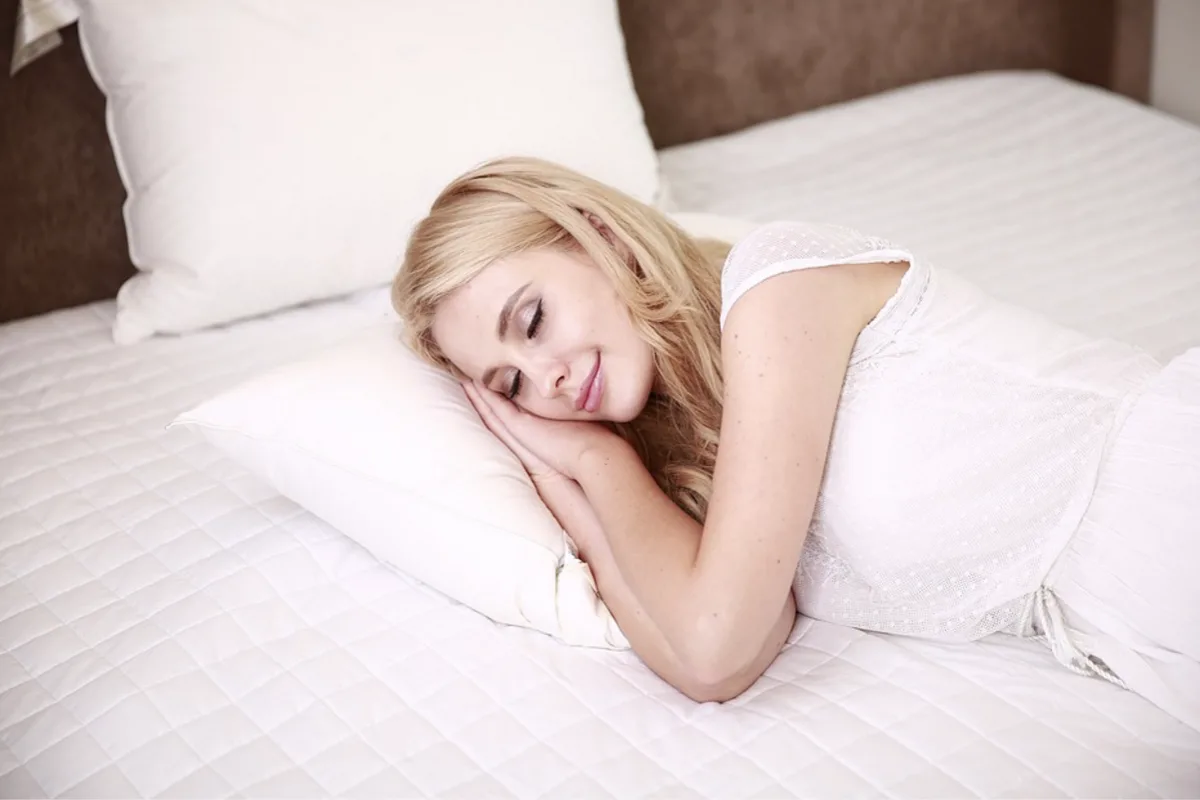
Are you struggling to get enough sleep? We all struggle at times, with recent studies showing 20% of people around the world are sleep deprived.
Getting sleep is hard, with so many people struggling to turn their minds off and catch some good sleep we thought that we’d put these tips together to help anyone struggling. These top tips are proven to both help you fall asleep and stay asleep.
Ensure the environment you’re sleeping in is relaxing as possible
The environment is a key factor in enabling a good night’s sleep. A range of things to consider are noise, temperature, and a decent mattress. Noise is key, if the room isn’t quiet, the noise will give your mind something else to think about, therefore making it harder to fall asleep.
Ensure that the room is cool, if it’s too hot your body will find it harder to fall asleep and when you eventually do, you’ll keep waking up as when we sleep our body’s temperature fluctuates so making sure that your surrounding are cool is essential.
Finally, a good quality mattress ensures that the surface you’re sleeping on is as comfy and supportive for your body as possible. If you’re uncomfortable your body isn’t going to want to relax and fall asleep, therefore making it harder to get settled and catch a decent night’s sleep.
Take a sleep apnea test
If you’re really struggling to get any decent sleep, you may be suffering with sleep apnea. 80% of sleep apnea cases are left untreated. It causes irregular breathing when sleeping leading to individuals struggling to get a decent night’s sleep and being woken repeatedly through sleep.
Take a sleep apnea test to see if you might be suffering from this unfortunate condition. If you’re at all concerned that you may have this, visit your GP to see how they can help.
Reduce blue light exposure in the evening
Blue light that comes from mobile phone screens and other similar devices suppresses melatonin production significantly more than other light wavelengths and can affect your circadian rhythms, therefore affecting your sleep pattern and making it harder to fall asleep.
By switching your phone off, turning on your mobile phone’s blue light filter or wearing blue light filter glasses at least an hour before you aim to go to sleep, will vastly reduce the time it tasks for you to fall asleep and the depth of your sleep.
Natural cannabis oil
Commonly used to relive the symptoms of anxiety, Cannabidiol has been shown by many studies that it may help with enabling people to both fall asleep and stay asleep. Especially useful for people that suffer from insomnia. Make sure to source a pure CBD oil that is well reviewed online.
Kava can have a calming effect when you are trying to sleep or relax after a hard day. It is well known that Kava can relax you without that feeling of being intoxicated. Have a look at the Kava blog for more information on how they could help you.
You could also have a look at terpenes. Buying terpenes in bulk is cheaper than buying it separately and could help you sleep when you are struggling.
Sleeping tablets
If you’re struggling with severe sleep depreciation, insomnia or sleep apnea, sleeping tablets are a great way to quickly make you fall asleep and keep asleep throughout the night.
One of the most common types of sleeping pill is Zopiclone, this is a prescription only pill but if you’re feeling symptoms of any of these conditions visiting your GP is a must to ensure that something even more sinister isn’t going on.
Zopiclone takes around an hour to kick in but when it does it’s very effective. This is usually only prescribed for 2-4 weeks as your body can get used to it and dependent on it for any sleep.
These are just a few of the best ways to get better sleep, if you’d like any more tips, please contact us.
This is a collaborative post.
